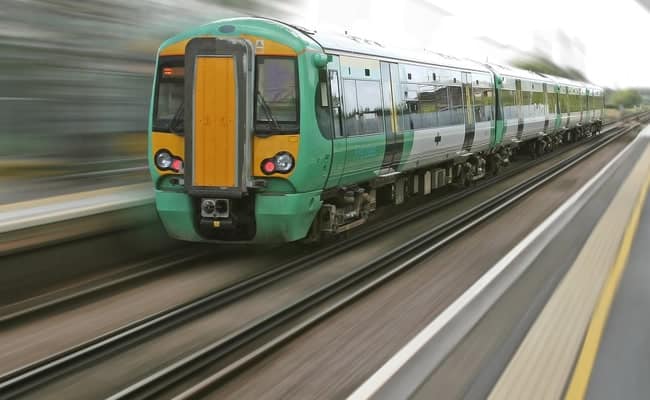In the city of Hamburg, Germany’s Deutsche Bahn and industrial conglomerate Siemens revealed the world’s first automated, driverless train, claiming it to be more punctual and energy efficient than regular trains.
The project is part of a 60 million euro ($70 million) modernization of Hamburg’s quick urban rail system, which Siemens and Deutsche Bahn have dubbed a “global first.”
Automated trains, according to Deutsche Bahn CEO Richard Lutz, provide “a more reliable” service “without having to install a single kilometre of new track.”
“We’re making rail transportation smarter,” Siemens CEO Roland Busch stated, estimating that automated trains can convey “up to 30% more passengers, dramatically enhance timeliness, and save more than 30% energy.”
Four of these trains will join the S-Bahn rapid urban rail network in the northern metropolis and begin carrying passengers in December, utilising existing rail infrastructure.
Other cities, such as Paris, have autonomous metros, and airports frequently have automated monorail systems plying terminals; however, those trains run on dedicated single tracks, whereas the Hamburg train will share tracks with ordinary trains.


